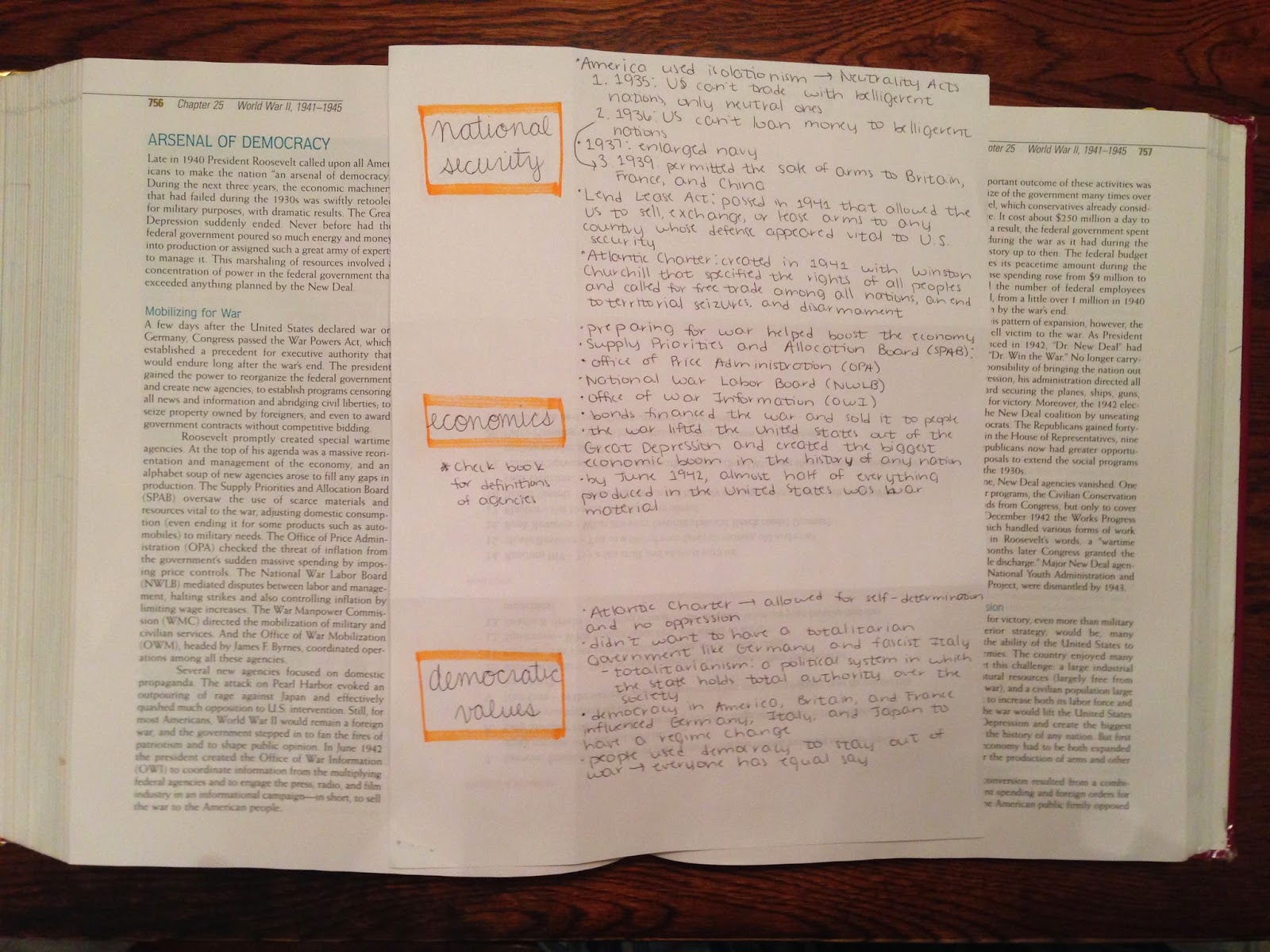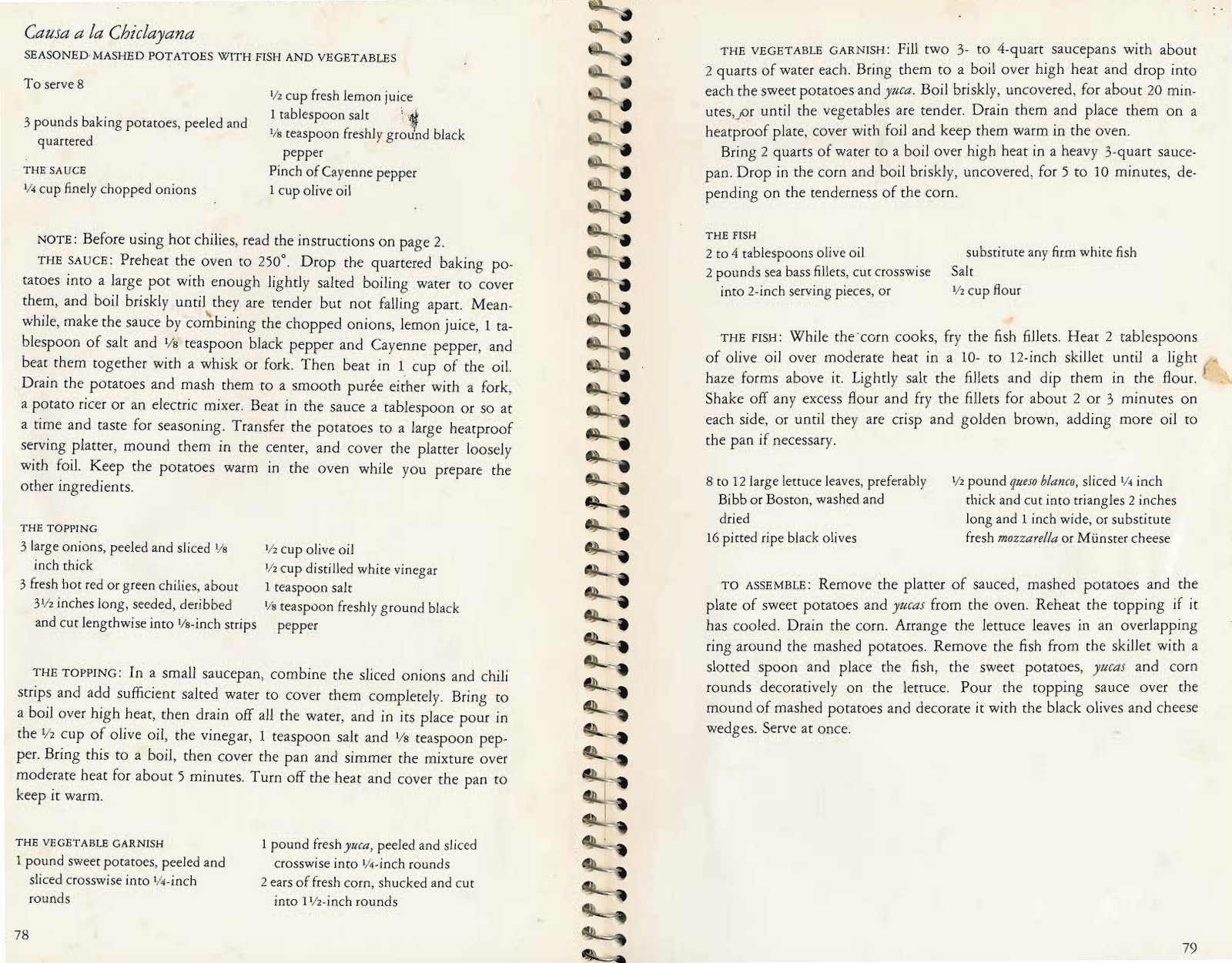Oliver Sacks' Final Essays on Consciousness, Attention.
Through his use of analogies and other rhetorical strategies, Oliver Sacks greatly enhances the reader’s view of a newly sighted man’s life and in turn, the reader’s view of the world. In the beginning of “To See and Not See,” by Oliver Sacks, the reader is introduced to the subject of the essay, a fifty-year-old man named Virgil, who has been blind from early childhood.New York City’s ginkgo trees will each drop their leaves in a single night. Oliver Sacks explains. By Oliver Sacks. November 17, 2014. Culture Desk The Man Who Could Be Anyone.Dr. Sacks has certainly deepened our conversation and sharpened our insights about how to face the end of life with dignity, clarity and intentionality. His essays, originally published in the New York Times, drew millions of readers, andhas been on the best-seller list since it was published late last year.
Oliver Sacks recalls his sometimes transcendent experiments with marijuana, LSD, and various medical-grade drugs.. And then, in 1965, when I had moved to New York, I went to a concert at the.We are very excited to announce that Oliver Sacks: His Own Life, a Ric Burns documentary on the life and work of Oliver Sacks, premiered last week at the Telluride Film Festival in Colorado. It will be screened again on September 30th, October 3rd, and October 13th at the 57th New York Film Festival.

Oliver Sacks, a physician and author, has been called “the poet laureate of medicine” by The New York Times.His books and essays, including The Man Who Mistook His Wife for a Hat and An Anthropologist on Mars, are used in schools and universities around the world.He is also the author of Musicophilia: Tales of Music and the Brain, and a forthcoming book, The Mind’s Eye.











